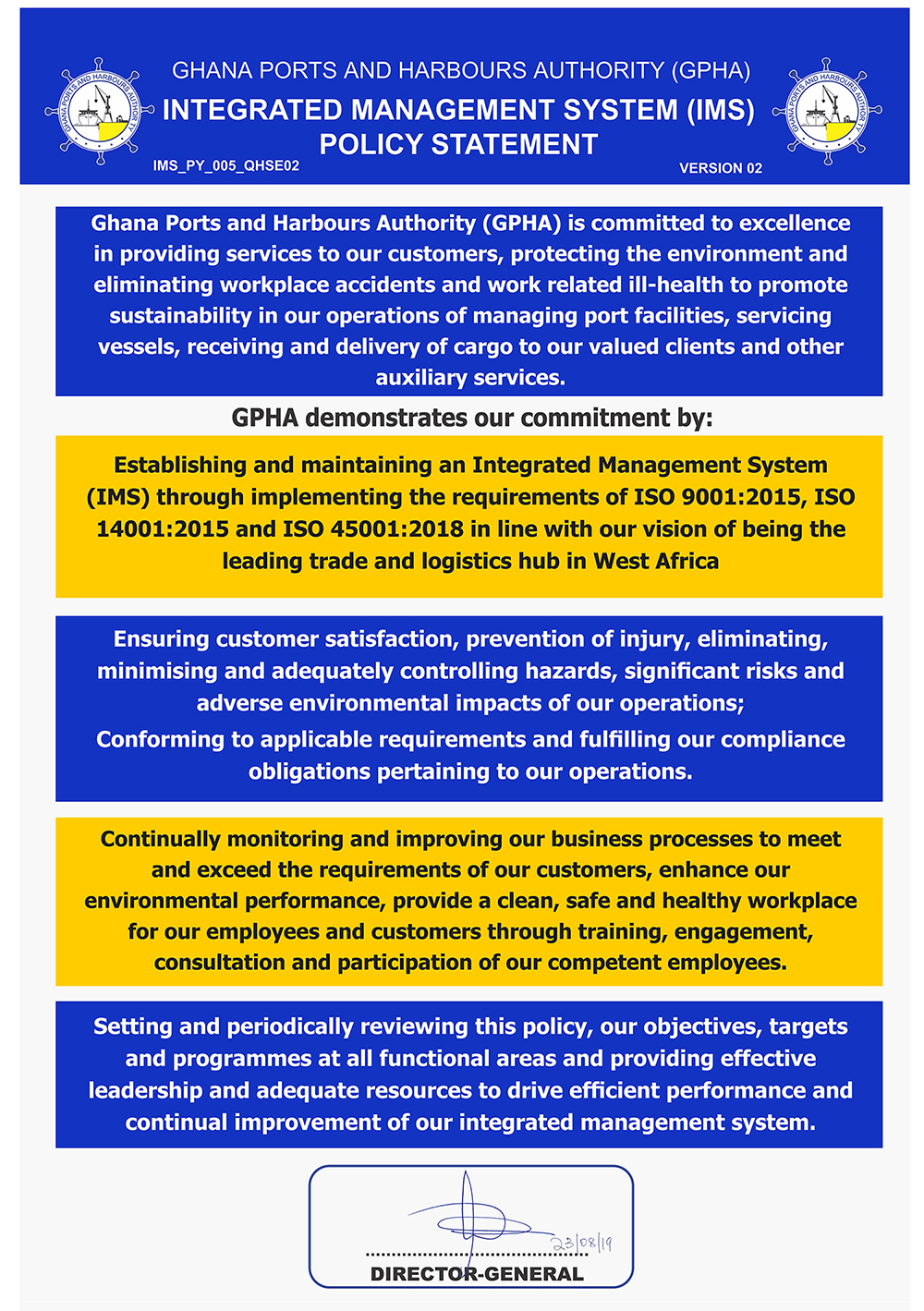

The Food and Drugs Authority and the Ghana Standards Authority have expressed their resolve in ensuring that unwholesome food and food products are neither consumed nor transported in and out of the country.
Officials from the Food and Drug Authority and the Ghana Standards Authority have indicated that they are on top of the task with respect to mitigating any threats to public health while managing the issue of the several fishes that washed ashore some coastal areas in Ghana.
Addressing the unfortunate incident on aquatic life, live on the Eye on Port program, the Head of Centre for Import and Export Control at the FDA, Emmanuel Yaw Kwarteng revealed that the necessary samples have been taken from the various species which include dolphins for analysis to ascertain cause of death.
Mr. Emmanuel Kwarteng said the cause of death is crucial so as to decipher the level of threat to human life. He said, “it is for this reason we advise the public not to consume them. Because if the test turns out to be injurious or containing any poisonous substances, human lives may be at risk.”
Taking her turn on the subject, the Acting Director in Charge of the Western Corridor, and Head of the Competent Authority for Fish and Fishery Products at the GSA, Jessica Nkansah said the Standards Authority in performance of its mandate of ensuring that fish exported out of the country meets the standard requirements, has also been represented in the dead fish incident.
She said “together with the FDA, we had to weigh in the possibilities. We are running test against the unknown. So we were brainstorming what kind of chemicals should be used as the standard to test the fish as well as the possible contaminants such as hydrocarbons. So we are running these tests.”
The Head of the Competent Authority for Fish and Fishery Products at the GSA said they have been collaborating with the FDA and Fisheries Commission to conduct organoleptic tests that deal with the senses, such as the texture and smell to meet the requirements of fresh fish.
Mrs. Nkansah explained such fish when allowed onto the market unregulated could end up being used as cheap raw material for some processed food for export, hence, in efforts to avoid such occurrences, the GSA has beefed up its market surveillance.
“When we go out for inspections, we also look out for the possibility that these fishes that were washed ashore could be present,” she disclosed.
The Food and Drugs Authority official revealed that information has been gathered that point to indigenes in the coastal areas of the incident, keeping fish, awaiting results from the tests being done by the relevant agencies to declare the fish unpoisoned.
Yet, Mr. Kwarteng urged Ghanaians to desist from consumption of these fishes regardless of test results as the fish may go bad by then.
The FDA official advised Ghanaians to cultivate the habit of patronizing and eating fresh fish only.
He warned, “Rotten fish can be very dangerous and lead to food poisoning in various forms. Fresh fish has a peculiar feel. If you see fish that has wrinkled skin, eyes not shinny and popping, stay away from that, it means it is going bad.”